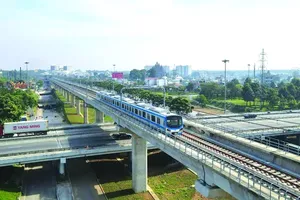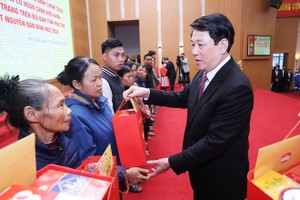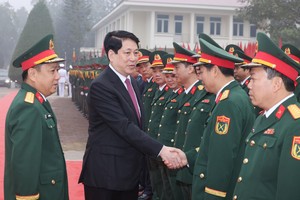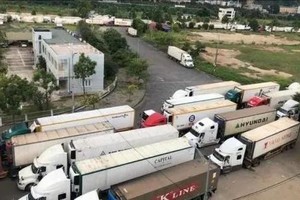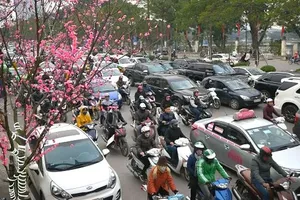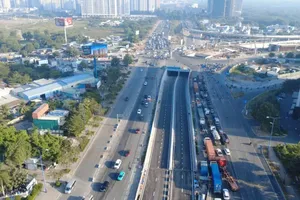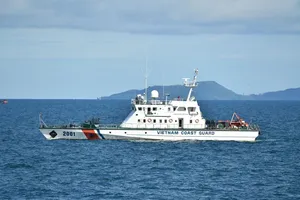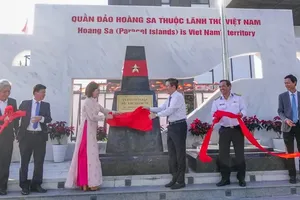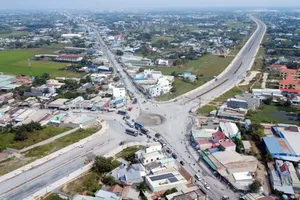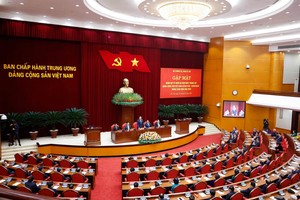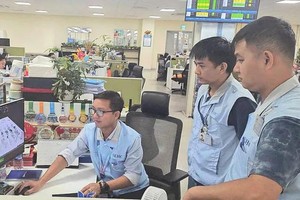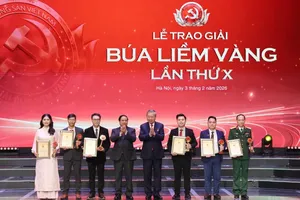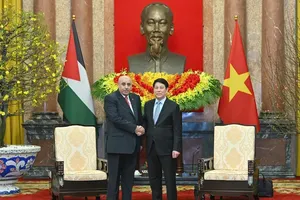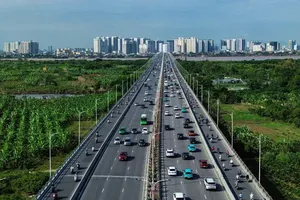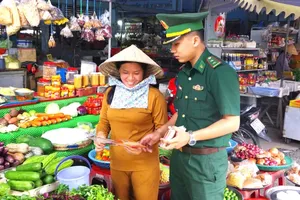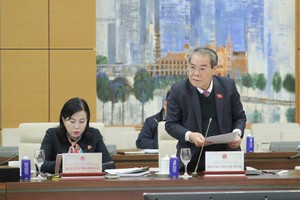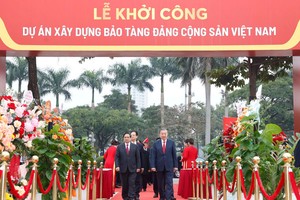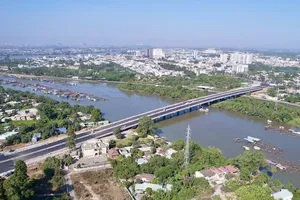In recent years, the government has rolled out key policies and strategic initiatives to drive the transition to smart, sustainable mobility—particularly in the public transport sector.
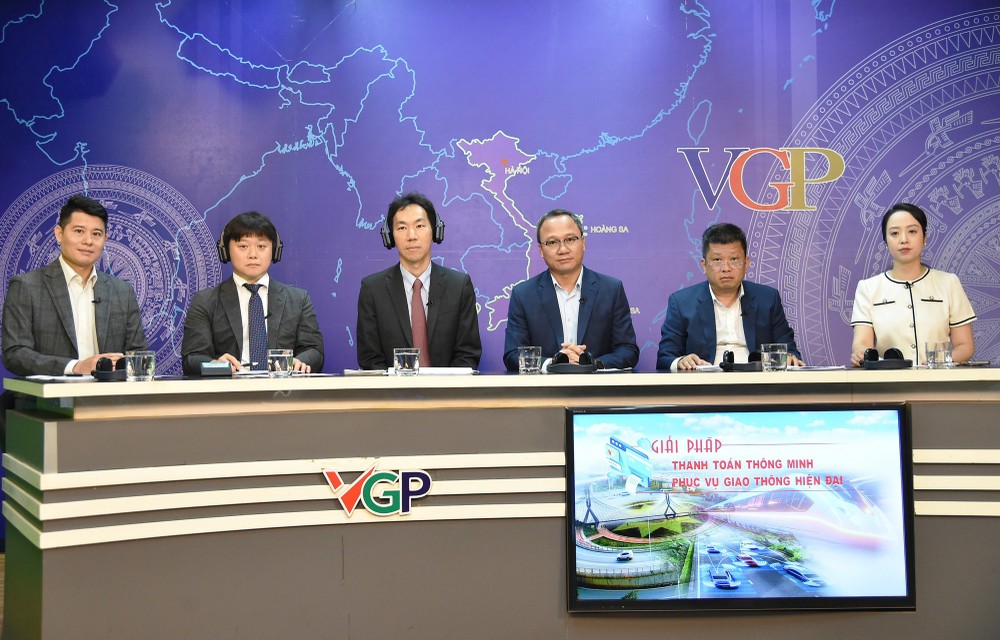
One major step forward is the deployment of automated fare collection (AFC) systems, most notably along Ho Chi Minh City's Metro Line No.1 Ben Thanh–Suoi Tien. For the first time, passengers will be able to access metro services using various fare media, including monthly travel cards, bank cards, and e-wallet accounts, without the need for manual ticket checks. This move is expected to ease congestion at ticket booths and fare gates while enhancing the overall commuter experience. Similar smart ticketing systems are also being piloted in other public transport projects such as buses and parking facilities.
At the forum, Mr. Do Viet Hai, Deputy Director of Hanoi’s Department of Construction, revealed that the city has largely finalized the policy framework for developing an integrated smart ticketing system. The Hanoi People’s Committee has approved the rollout of a multimodal electronic ticketing platform using an IT service leasing model. The leasing period is expected to run from 2025 to 2030, with the official launch of the integrated ticketing system slated for September 2, 2025.
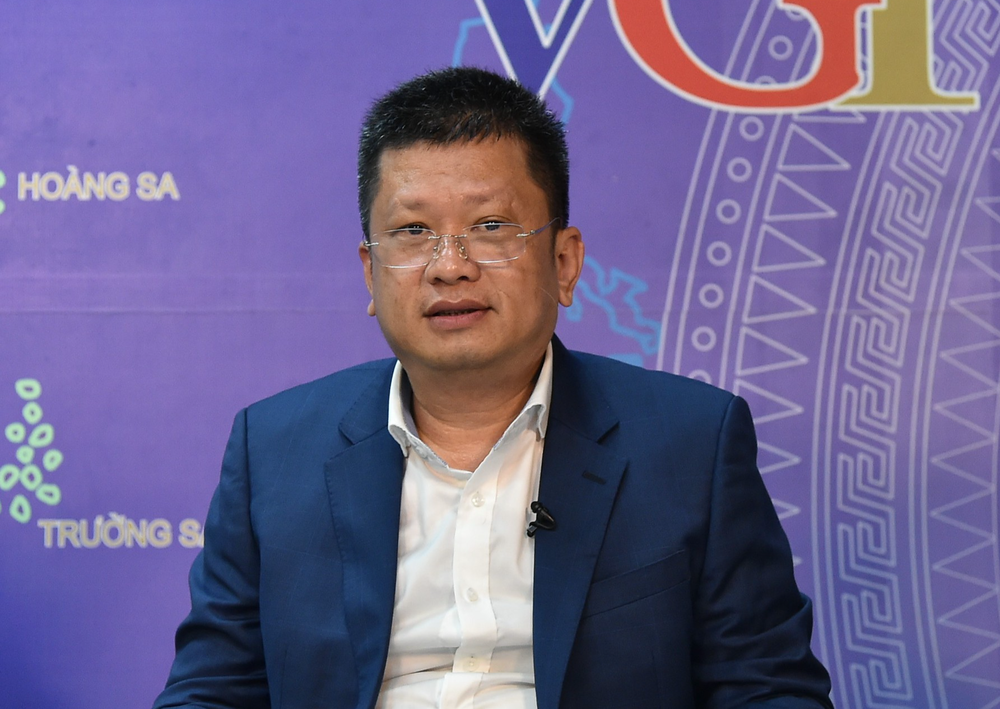
According to Mr. Do Viet Hai, implementing such a system requires tailored policies for each ticket type and service, along with built-in openness and interoperability—not only across different public transport modes but also with other service sectors. The platform will go beyond transit, connecting with automated toll collection, parking lots, and services outside Hanoi. The long-term vision is a nationwide network that encourages widespread use of public transportation.
Mr. Fukuda Chihiro, Deputy Chief Representative of the Japan International Cooperation Agency (JICA) in Vietnam, noted that JICA has supported urban railway projects in countries including Thailand, the Philippines, Indonesia, and Bangladesh. In Vietnam, JICA has helped implement AFC systems for the metro project in Ho Chi Minh City. He emphasized that with Hanoi facing severe traffic congestion and air pollution, investing in public transportation infrastructure is an urgent necessity.
Vietnam currently has three urban railway lines under development and plans to expand that number. Rolling out AFC systems is critical for ensuring these public transport networks operate effectively and sustainably. Japan has nearly a century of experience running automated ticketing systems in Tokyo, where smart cards are now fully standardized and widely used.
Mr. Khuat Viet Hung, Chairman of Hanoi Metro’s Board of Directors, expressed hope that different urban rail lines will be interconnected in the future, with seamless transfers between metro systems and buses. He also called for smarter, cashless payment methods to replace physical transactions.
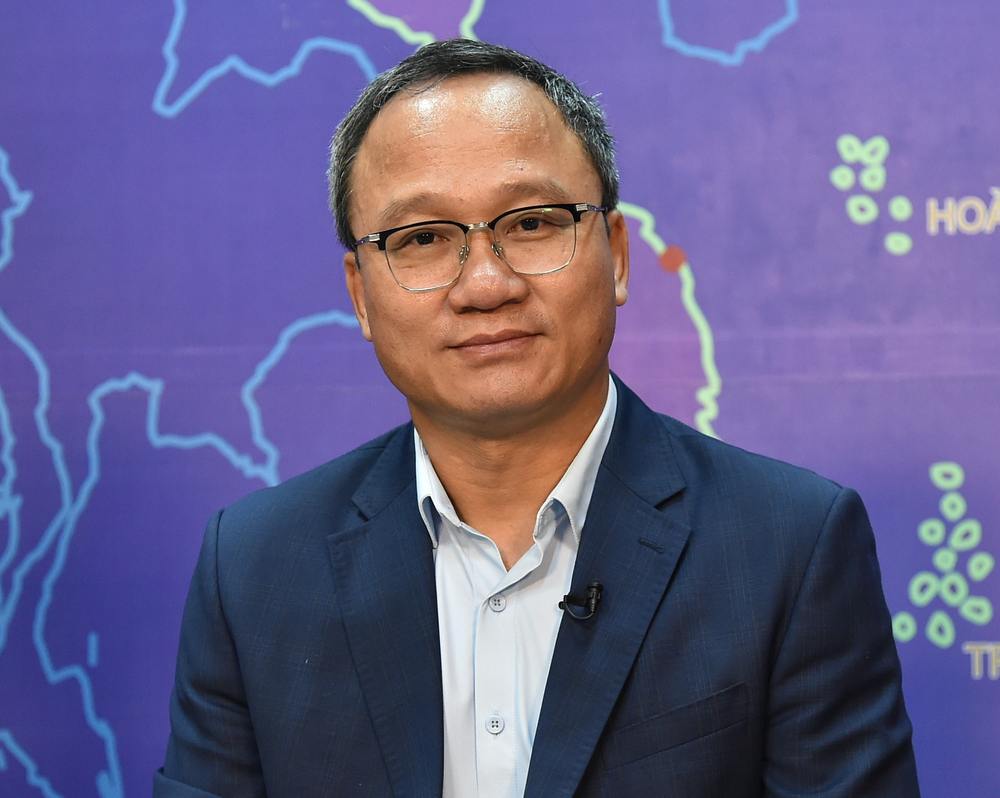
As it stands, Hanoi’s Cat Linh–Ha Dong and Nhon–Hanoi Station elevated metro lines operate independently, with no linkage or connection. The upcoming unified ticketing system, set to launch on September 2, 2025, will not only streamline travel across Hanoi's public transport network but also lay the groundwork for nationwide interoperability. The system will also support international payment cards, such as Visa.

